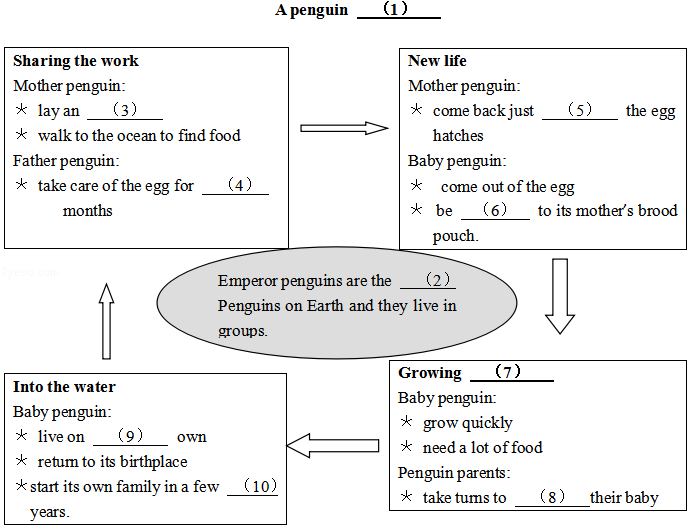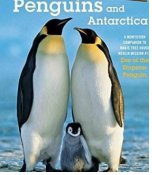Grass is, of course a plant which grows in the field; a plant which some kinds of animals like to eat. When there has been plenty of (1) , the grass is green. When the weather has been dry, the grass is brown. Animals like to eat grass when it is (2) and fresh. And if the grass in one place is greener than the rest, animals (3) to eat that grass. An animal in a field may look over the fence(篱笆) into the next field, where perhaps there are no animals and grass in the field (4) greener. But if the animal could get into the field, it would find that the grass is really the same. It just seems better from a distance(远处). So that's the (5) of the expression "The grass is greener on the other side of the fence."
We sometimes only say "The grass is (6) greener on the other side." We use the expression to describe the situation ﹣﹣﹣ someone looks at distant things and feels they are better than the things around him. But (7) he could go to the distant place, he would find that life there is just as difficult. So don't always think that other people have a better situation. Just be (8) with what you have had. Enjoy and value it!
(1)A. rain |
B. snow |
C. sunlight |
(2)A. green |
B. brown |
C. yellow |
(3)A. refuse |
B. prefer |
C. agree |
(4)A. smells |
B. tastes |
C. looks |
(5)A. form |
B. meaning |
C. advice |
(6)A. seldom |
B. sometimes |
C. always |
(7)A. when |
B. because |
C. unless |
(8)A. angry |
B. strict |
C. happy |


 粤公网安备 44130202000953号
粤公网安备 44130202000953号